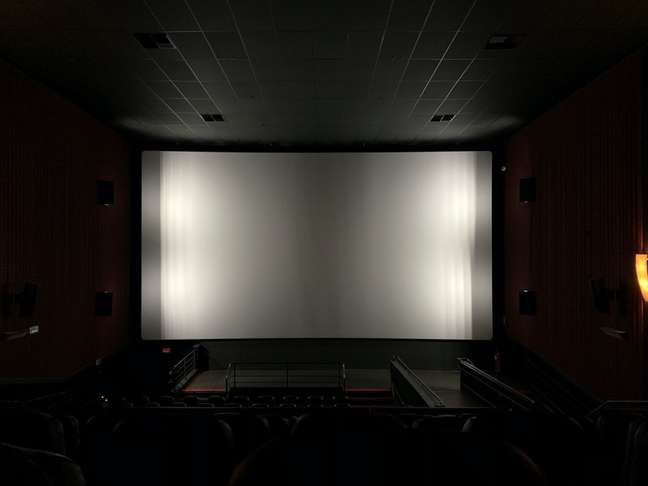The coup would materialize with the exclusion from the budget of the Contribution for the Development of the National Film Industry (Condecine)

If elected, Jair Bolsonaro planned to destroy national cinema in 2023. The action was based on parallel initiatives, which, if implemented, would cause the collapse of the sector and the end of Brazilian film production.
The coup would materialize with the exclusion of the Contribution for the Development of the National Film Industry (Condecine) from the 2023 budget plan. Bolsonaro has removed the forecast of license fees (to be paid by the audiovisual industry itself) from his budget plan for the next year.
Valued at R$1 billion a year, Condecine finances most of the film business in Brazil by feeding the Fundo Setorial do Audiovisual (FSA), money used by the National Film Agency (Ancine) to promote films and series made in country. .
Without Condecine, there would be no investment in producing films that win festivals and represent Brazilian culture in the international market. In theory, the more commercial films, usually comedies with TV actors, financed by the major studios/distributors would remain.
But the end of Condecine is part of a larger project of destruction, which also includes the end of cinema quotas (guaranteeing a minimum percentage of national films that must be screened by cinemas). Bolsonaro abandoned the screen quota and ended the protection of national cinema in the face of predatory distribution of Hollywood films.
As a result, three American Disney films currently occupy 90% of all cinemas in Brazil, and the only Brazilian release this Thursday (22/12) has to compete for space with French premieres and a successful relaunch, in addition to films already on show, in the remaining 10% of the screens.
Last week, director, cultural manager and university professor Alfredo Manevy announced at the Aruanda do Audiovisual Brasileiro Festival that the market share (occupancy rate of the exhibition market) of national cinema was 1.9% in 2022, the most all-time low – since Getúlio Vargas created the screen quota for national production.
In other words, phenomena like “Minha Mãe É uma Peça 3” and “Tropa de Elite 2”, two of the highest-grossing films in the country’s history, would no longer occur under Bolsonaro’s “economic liberalism”.
“Nobody knew who Paulo Gustavo was. Nobody believed in a film with a man dressed as a woman. ‘Minha Mãe e uma Peça’ only happened because of the incentives,” said Iafa Britz, producer of the play starring actor Paulo Gustavo. Also, there was screen share in 2020, when “Minha Mãe É uma Peça 3” broke – the domestic market share for that year was 23.3%.
Without the support provided by the FSA (via Condecine) and screen share, successes like this would never have happened again.
Together, lack of incentives and precarious distribution would be a guaranteed recipe for a bust, a wave of unemployment and the end of the industry.
But Bolsonaro lost the election.
Luiz Inácio Lula da Silva’s victory changed everything.
In response to the Transition Culture technical group, the Joint Budget Commission (CMO) has already approved the inclusion of a parliamentary amendment to reinstate Condecine in the 2023 budget.
Additionally, Ancine deliberated this week on a bill that aims to reinstate the screen share. The expectation is that the measure will be restored at the beginning of Lula’s mandate.
🇧🇷The best content in your email for free. Choose your favorite Terra newsletter. Click here!
Source: Terra
Jason Root is a writer at Gossipify, known for his in-depth coverage of famous people in entertainment, sports, and politics. He has a passion for uncovering the stories behind the headlines and bringing readers an inside look at the lives of the famous. He has been writing for Gossipify for several years and has a degree in Journalism from UC Berkeley.







